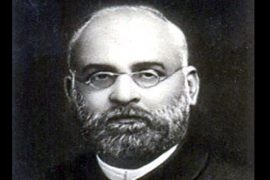Our cinema is filled with tropes. These require us to abandon our faith in physics, morality and the legal system. Films might entertain, but the questions they raise can be inadvertent.
Do women need to be harassed in order for them to like men? Does having fair skin make one a hero, and dark skin a villain? If a hero’s cause is heroic, does that enable him to run from the police? Is all the collateral damage incurred during a police chase paid for? Can I get away with striking down my enemies with violence, without worrying about a dozen odd court cases to my name?
When watching films, if we were to suspend our suspension of disbelief, just for a moment, we might find ourselves asking uncomfortable questions at many junctures within a film. But films are powerful. They have a hard social impact. The acts people get away with in films sometimes translate into real-world examples. It takes a type of mindset to precede the act of rape, or animal abuse, or of breaking the law. This thought process is disseminated through culture – traditions, films, rituals and advertising.
Indian cinema by and large shunts these questions. Unsurprisingly, our society does not seem to prove otherwise either.
Copyright©Madras Courier, All Rights Reserved. You may share using our article tools. Please don't cut articles from madrascourier.com and redistribute by email, post to the web, mobile phone or social media.Please send in your feed back and comments to editor@madrascourier.com











